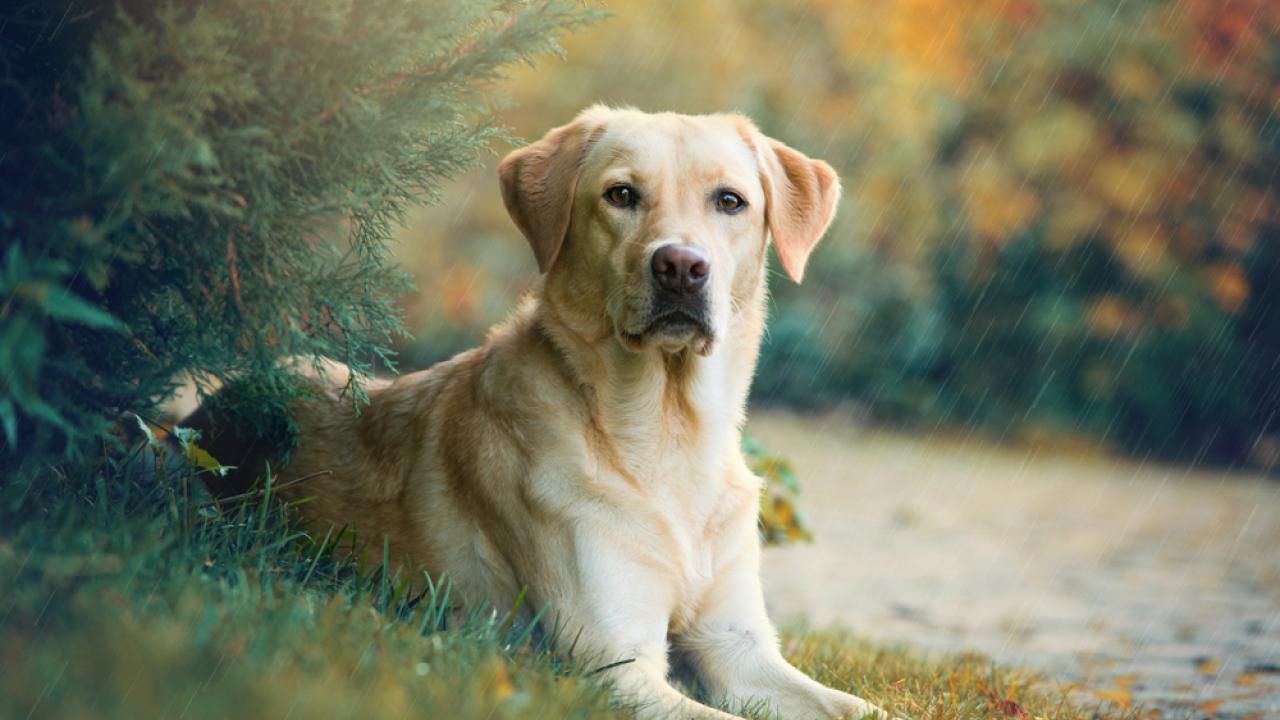
New Test Available: Congenital Ichthyosis in the Labrador Retriever
Congenital ichthyosis is a genetic skin disorder in which the outer layer of the skin does not form properly. As a result, scaling and shedding of the outer layer of the skin is observed. Symptoms of ichthyosis include mild to moderate generalized scaling on the body, usually excluding the head, extremities, paw pads, and nose. The scales are initially a whitish color but become pigmented, progressing to gray or black, and can range in size from small to large. These scales may give the dog’s hair and skin a “dirty” look, especially as the pigmented scales shed and adhere to the coat.
In humans, over 30 different genes that result in various ichthyoses have been identified. In dogs, at least 12 different breed-specific types of ichthyosis have been described, but genetic mechanisms have only been identified in a few breeds. Two alleles have been identified as correlated with the congenital ichthyosis disease seen in Golden Retrievers. Researchers proposed that congenital ichthyosis caused by the PNPLA1 variant in Golden Retrievers be referred to as congenital ichthyosis type 1 (ICH1) and that caused by the ABHD5 variant also in Golden Retrievers be called congenital ichthyosis type 2 (ICH2).
A third allele associated with congenital ichthyosis in the Labrador Retriever was recently discovered by Dr. Tosso Leeb and colleagues. Congenital ichthyosis caused by this allele is referred to as congenital ichthyosis type 3 (ICH3). The condition is inherited in an autosomal recessive fashion, where two copies of the allele must be present for the disease to manifest, and both sexes are equally affected.
Testing for this allele can assist veterinarians with diagnosis and help breeders identify carriers among breeding stock to select appropriate mates that will reduce the risk of producing affected offspring.
To read more about the test visit https://vgl.ucdavis.edu/test/congenital-ichthyosis-3-labrador-retriever



